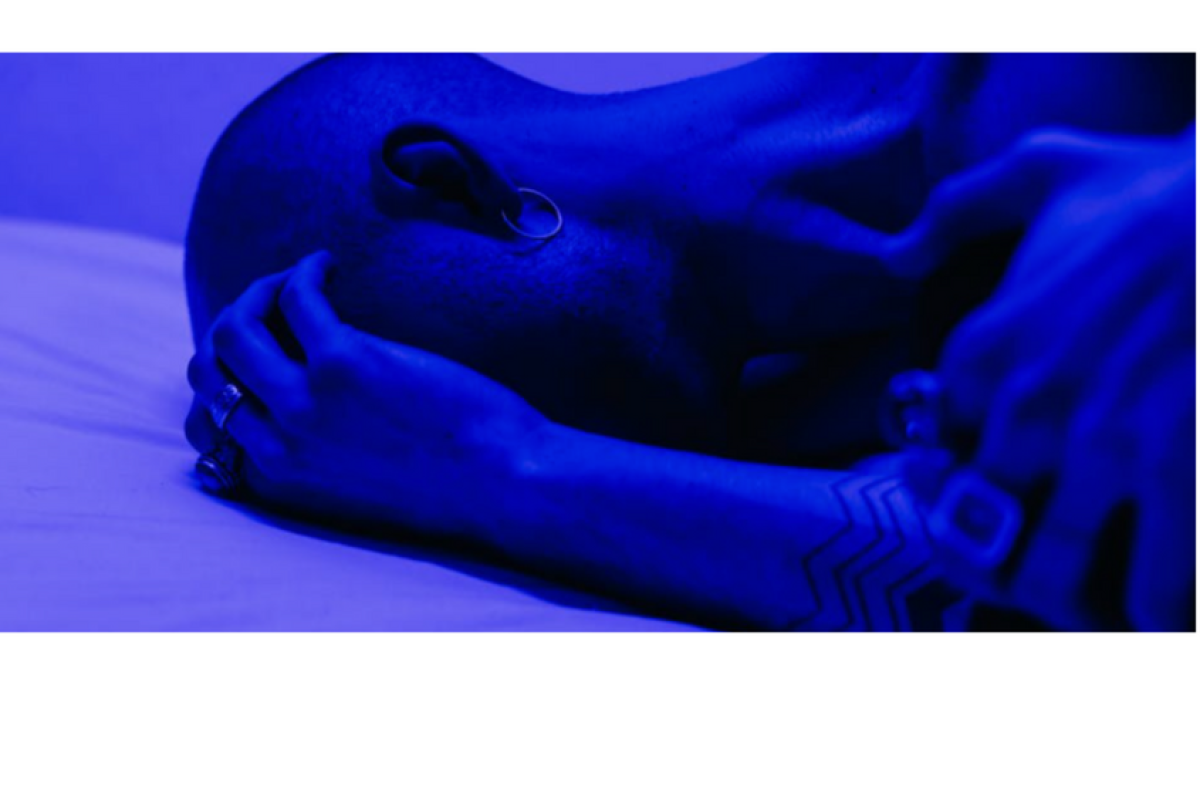According to a 2017 HHS report focused on enhancing the identification of trafficking victims, of those victims who self-identified and self-reported, 14% identified as LGBTQ+.
Stigma
But the real numbers can be much higher because cases with LGBTQ sex trafficking victims are commonly overlooked. LGBTQ victims rarely ask for help:
“A lot of male victims decide not to come forward because of the stigma behind it. Many victims are afraid that people are going to think that they’re gay and maybe they wanted it,’’ the survivor advocate Jose Alfaro said.
Homophobia
We know that abuse of LGBTQ victims (typically exacted by male perpetrators) is often dismissed and minimized via homophobia.
“People often look at us as promiscuous gay men because sex is what we are “known to do.” So many times, I have been in public places with men significantly older than me touching me and doing some other things, and no one paid attention. If a woman were in this situation with a man, people would ask what the hell is going on,” said another survivor advocate Viserys Targaryn.
Many male youth victims who identify as gay, trans, or queer youth are more vulnerable to exploitation because people tasked with protecting them often don’t see they need help. Society, public and private institutions, service providers, and law enforcement sometimes ignore this problem.
“I was overlooked by all hotel workers in every hotel I was trafficked in. I was overlooked by law enforcement officers who let me go with a trick in the middle of the night at age 14. I was overlooked by social workers who came to my house and didn’t see a trafficking survivor. All they saw is an overly promiscuous young man, said survivor advocate Erik Gray. I missed most of the school days at that time, and no one could reach out to my parents. I went from being wicked smart and engaged to totally disengaged not attending school, failing all my classes; I can’t believe no one saw that or even asked questions.”
Some task forces or law enforcement groups have limited service providers they can work with. And when the only local providers are biased and anti- LGBTQ it dramatically increases the vulnerability and risks for youth and for adults.
Violence and discrimination
LGBTQ victims also can be a subject of discriminatory policing and legislation. One of the examples is the “Walking while trans” law, recently repealed in New York. The law that disproportionately targeted marginalized communities experiencing housing insecurity and insufficient community support structures. The statute allowed law enforcement officers to arbitrarily arrest and detain New Yorkers (mostly from LGBTQ community) for simply walking around or standing on the street because it was assumed that if a trans person was walking on the streets they were clearly looking to sell sex – contributing to system biases that saw LGBTQ youth and adults as inherently involved in the sex trade due to their sexual and/or gender orientation.
Not only sex trafficking
It is important to know that sex is not the only kind of trafficking LGBTQ identifying youth are vulnerable to. According to studies done in 2015 and 2018 of LGBTQ+ youth in metro Atlanta, of those who had experienced trafficking, a higher percentage were victims of labor trafficking or exploitation. Often, a lack of a family unit or community to lean on leaves many desperate to find a source of income and therefore vulnerable to the manipulative tactics of labor traffickers. It’s important for service providers to understand these nuances so they can offer the right services to the all victims.
Want to learn more? – Sign up for our bi-weekly Human Trafficking Newsletter to stay informed about the latest in the fight against trafficking. It covers local and national human trafficking news, including arrests of traffickers, illicit massage parlor cases, and rings the alarms on victims’ arrests. We keep you informed on what is going on across the country and give you insight on best practices in each case.
Contact us if you have questions and want to know more about human trafficking.
Donate now to help us make a difference in the fight against human trafficking.









